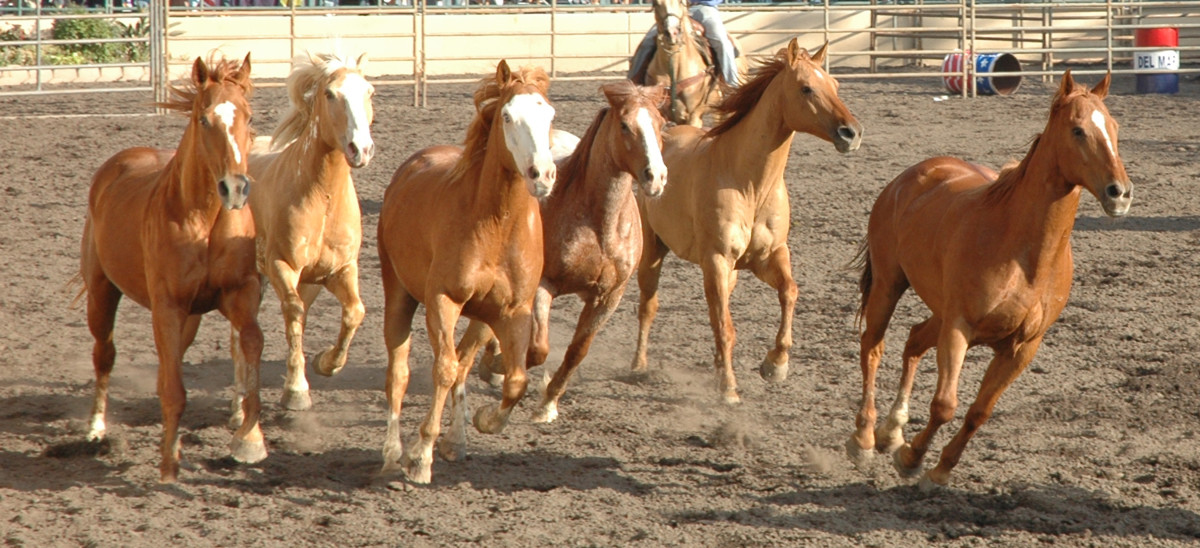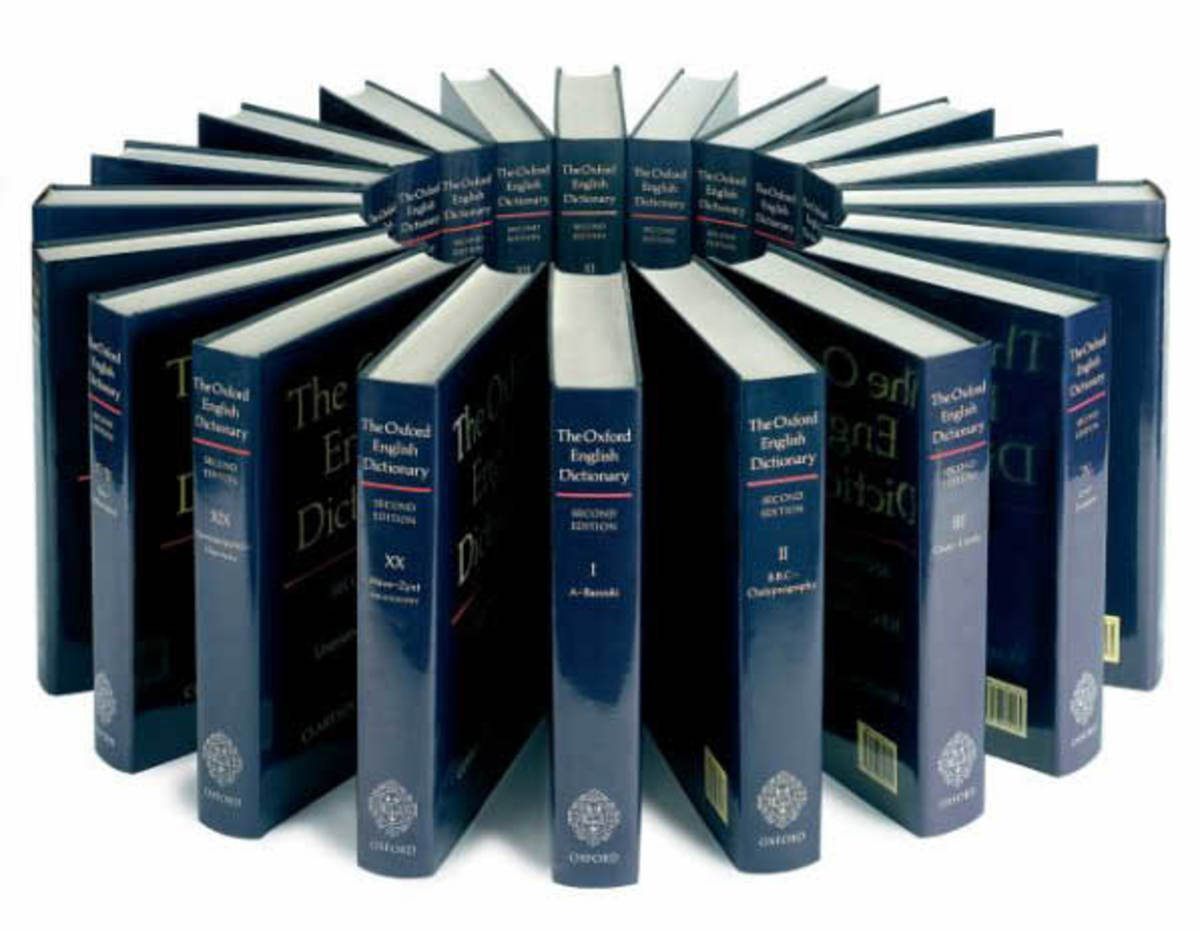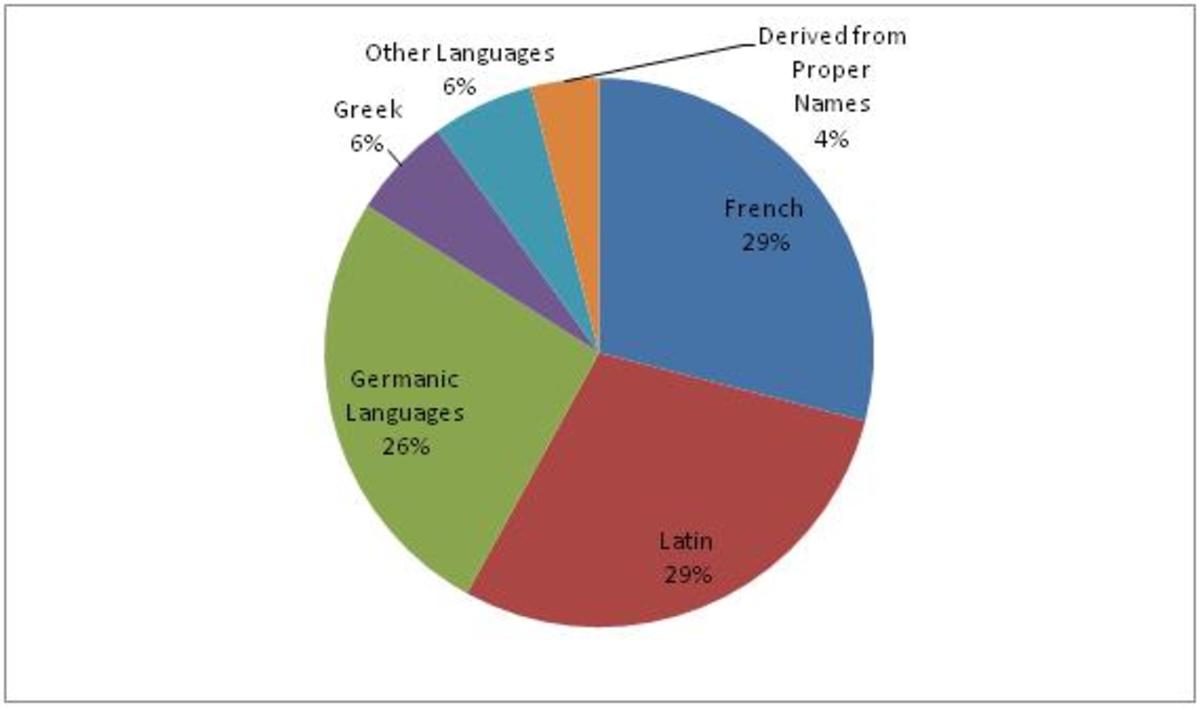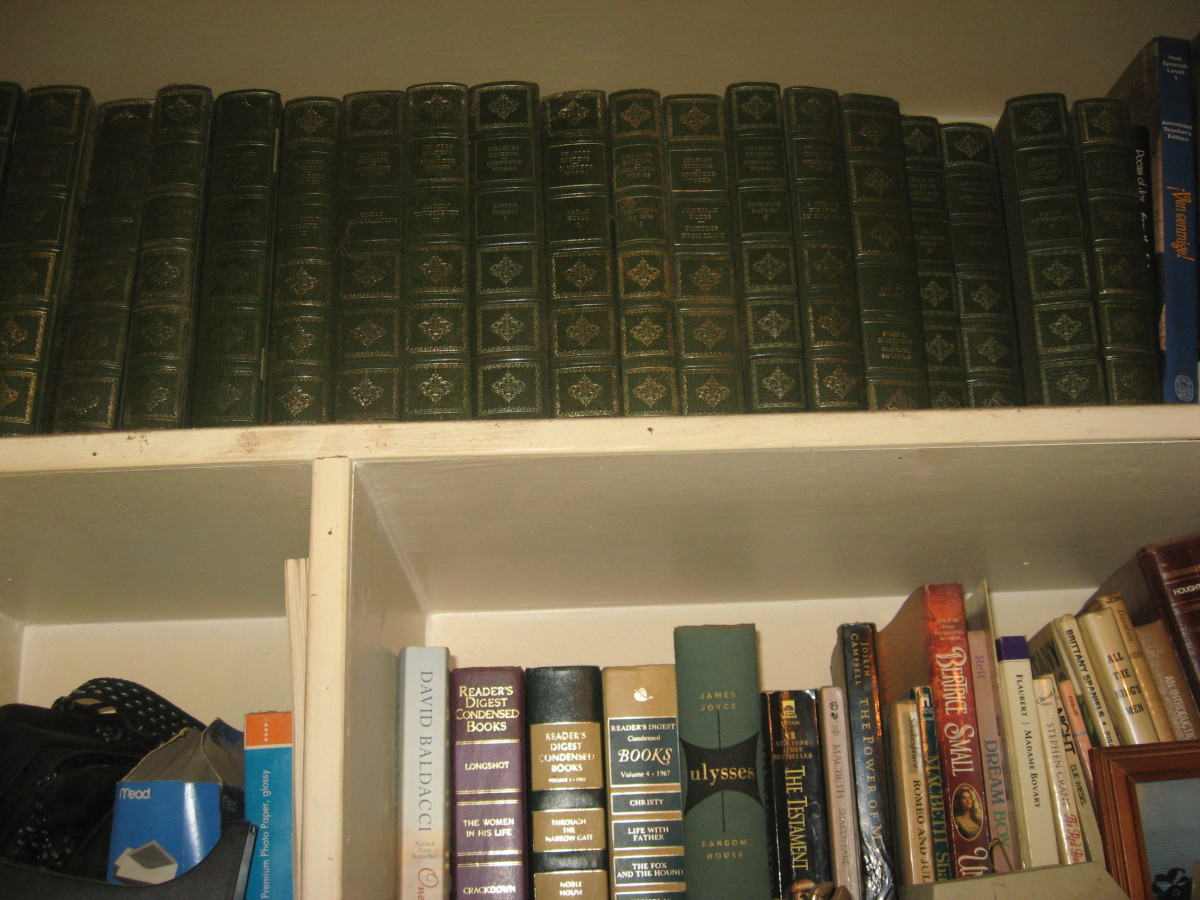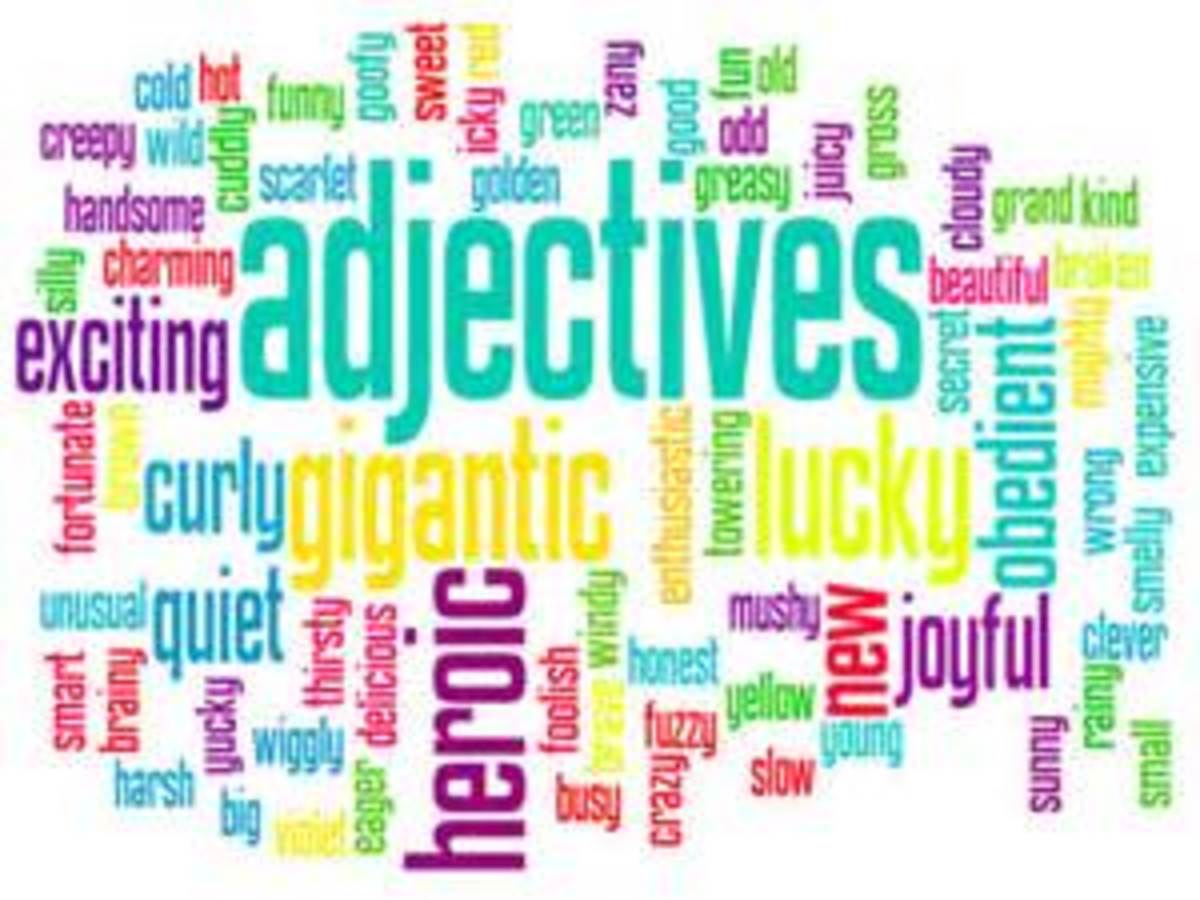English Words :: Creating Words From Proper Nouns (Names)

New English Words from Proper Nouns
Throughout the ages words have been created out of well-worn material. Another method of creating words is by the utilisation of proper nouns. This method has produced many now familiar words.
The names of people and places may impart a special individual character that keeps them separate from the mainstream. In some circumstances though they can return into general circulation with a new meaning.
The most usual way for this to occur is when an article or commodity is named after its inventor or discoverer:
- Mackintosh (mack), a rubberised cloth patented in 1843 by Charles Mackintosh but now more likely to be called a raincoat
- Hoover, a maker of vacuum cleaners whose name became synonymous with the product. It even became a verb.
- Dahlia, from Mr Dahl of Sweden
- Magnolia, from M Magnol of France
- Buddlia, from Rev. Mr Buddle, an Essex parson from the time of Queen Anne.
It may occur with garments named after famous wearers:
- Wellington boots (wellingtons, wellies), of English origin, from The Duke of Wellington
- Cardigan, a knitted jacket that takes its name from the 7th Earl of Cardigan whose title comes from the Welsh county which tooks its name from Ceredigion ap Maelgwyn, a Celtic prince.
The most remarkable of the common nouns derived from personal idiosyncrasies is probably 'sandwich'. The name derives from the 18th century Earl of Sandwich (a Kentish town) who was a compulsive gambler. So much so that he had food brought to his table whilst he was playing cards so that he should not be distracted. The food was beef between slices of bread - the snack became known by his name.

English Words :: Boycott
And how did the verb 'to boycott' come about?
Well around the time of the Domesday Book there was a place-name - that of a small Shropshire village called Boi or Boia. A man had a cot (smallholding) there. Later a family name came about as so many from village names. Roll on to 1880 and we are now in County Mayo, Ireland. One Captain Boycott is an agent of the Earl. This was not a popular occupation at the best of times but Captain Boycott took the job to the extremes and made himself so unpopular that labourers would not work for him, shopkeepers would not serve him and he could not get accommodation at the inns. Eventually his job became untenable and he had to leave the country - his name entering common parlance for the actions undertaken against him.

English Speech :: Personal Names Entering the Language
Turning personal names into English parts of speech is not a regular process. It is often haphazard. It has probably always happened. There are those that have occurred from prominent names and well documented reasons. There must have been others that occurred from names of obscure people of long ago. These could be those of which we can trace no originating roots.
This has most definitely occurred where we have adopted certain alien words into our language. French, for instance, has given us:
- 'Sadism' from the Maquis de Sade
- 'Guillotine' from Dr Joseph Guillotin who wished to make capital punishment quick and painless
- 'Silhouette' from Etienne de Silhouette, an unpopular politician whose name became synonymous with a new kind of fashionable portraiture due to his enemies linking his policies to shadowy outlines without substance.
It is strange how names are associated to particular attributes. What was the difference between the Goths and Vandals in the late Roman period? Both ravaged the Roman Empire at its decline. Yet the Goths give us 'Gothic' - a particular style of architecture, developed long after the Goths had disappeared. The Vandals on the other hand have been lumped with all the worst qualities of both tribes.
The names of gods and goddesses of classical (Greek and Roman) times have been responsible for many words.:
- 'Cereal' from Ceres
- 'Volcano' from Vulcan
- 'Jovial' from Jove
- 'Erotic' from Eros
- and more recently 'vulcanite' and 'plutonium'.

English Words from Place-Names
Ordinary words have been derived from place-names all too often:
- 'China' as porcelain from China
- 'Currants' from Corinth
- 'Port' the wine from Oporto
- 'Canaries' from the Canary Islands (perversely the 'Isle of Dogs' in Spanish)
- 'Turkeys' from Turkey even though they do not emanate from there. The name originally being coined for guinea fowl from west Africa in Tudor times - then thought to be from a strange place such as Turkey. And so when the Pilgrim Fathers found strange New England birds they used the same word for them.
- 'Gypsies' from beyond Europe - why not Egypt - were name Egyptians, shortened to gypsies or gipsies.

English Words from Proper Names :: Conclusion
We can make words out of almost anything. There must be some association though, however tenuous. When we say 'romantic' do we mentally associate the word with Roman or Rome? Although the root is Romance (the languages descended from Latin) the word came to mean the stories told in those languages. In English it has come to mean happy love. In France it has continued to be used in the literary sense: 'romance ' for the language group and 'un roman ' for a novel.


